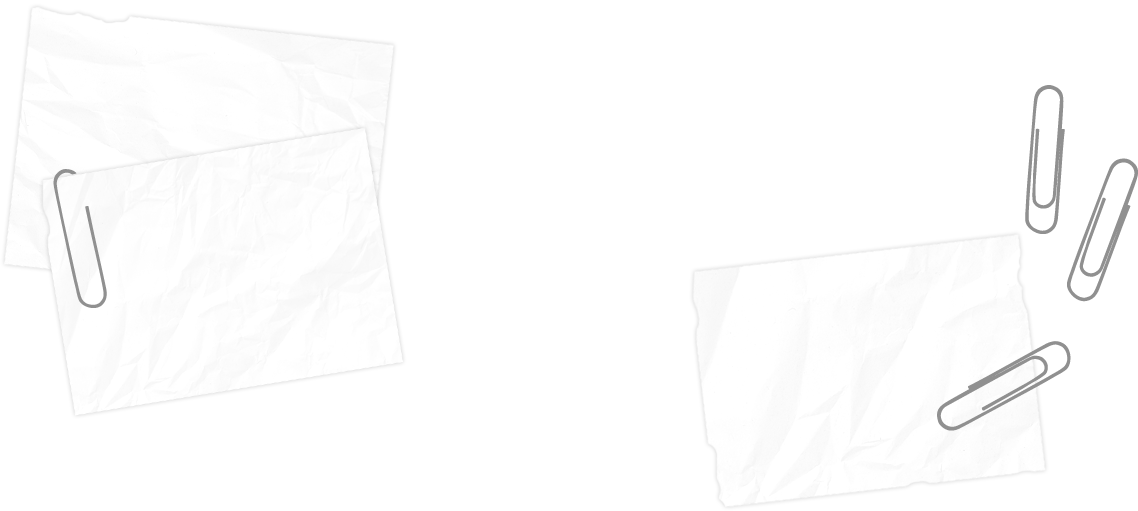
Sarah Broadbent
Writer

Advice Letter
Dear Tim,
It is always a pleasure to hear from a fellow writer, particularly a novelist such as yourself. Writing memoirs are known to be one of the hardest books to write due to their personal nature and difficult techniques – I would be hard-pushed to write one myself (mainly because nothing really happens to me!) Personally, I love creative writing and non-fiction books about my interests. So – your new book. Let’s take it bit by bit shall we?
Children’s books – not the easiest of books to write. How to communicate entertainment to a child without boring or patronising them? Simple; you write as though you are them. Great fun to write, great fun to read, all you need is simplicity, pure and easy. Sounds fine, right? Sounds great. Well, try it. The key ingredients are these: a relatable main character (what small child will want to read about a hot-shot lawyer in the Big Apple? Try a character the same age as your audience, but make it the child they want to be and, in their minds, can be); a snappy storyline (preferably involving adventures and a terrible dilemma that the hero brilliantly resolves); and of course, a villain. Now, when I say villain, the idea of Captain Hook or Jafar leaps into most people’s heads… yes and no. It doesn’t have to be action adventure – the villain could easily be an angry teacher or vile playground bully – either go all the way with daring storylines or remain in familiar, everyday settings… it’s your call.
Novels – the widest word in the dictionary. Horror, romance, thriller, science-fiction… the list is honestly endless. I could give you intricate, boring, dull, incessant, mind-numbing details on every genre… but instead I opted to summarising the most important basic plots for you.
- Overcoming the Monster (cue evil music) – This is the original classic; a Hero learns of a great evil threatening the land, and sets out to destroy it.
- Rags to Riches - Surrounded by dark forces who suppress and ridicule him, the Hero slowly blossoms into a mature figure who ultimately gets riches, a kingdom, and the perfect mate.
- The Quest - Hero learns of a great object he desperately desires, and sets out to find it, often with friendly companions.
- Voyage and Return - Hero heads off into a magic land with crazy rules, ultimately triumphs over the madness and returns home far more mature than when he set out.
- Boy Meets Girl - Hero and Heroine are destined to get together, but a dark force is preventing them from doing so; the story conspires to make the dark force repent, and suddenly the Hero and Heroine are free to get together (basically a fleshed-out romance).
- Tragedy - The flip side of the Overcoming the Monster plot. Our protagonist character is the Villain, but we get to watch him slowly spiral down into darkness before he's finally defeated, freeing the land from his evil influence.
So there you have it – the plots. Pick your favourite, identify your characters, and pick a genre you fancy writing in. Remember the key points to writing in each genre though; there’s no point writing a horror novel if you’re going to make your main villain a flying unicorn. Perhaps if it’s a flying unicorn who repeatedly tortures people you may have a hit… but I digress.
Finally, we come to non-fiction. The best and by far most enjoyable way to write any non-fiction book is to write it based on a subject you are widely acquainted with and have an interest in. For example, if the American President decided to bring out a book called How to Govern the United Kingdom, it is safe to say he might raise a few eyebrows. Find out your own interests; I personally have an interest in birds or in theatre. What about you? If you find writing about something excites you, then the answer is simple: do not stop writing about it. Do more research, do more writing and continue discovering and sharing more about your passion. The alternative way in writing non-fiction is to pick a subject you have absolutely no knowledge about and begin learning. So if you’re an expert in rocket science, yet love the idea of astrology (despite knowing next to nothing about it), get down to your local library and pick up a book about astrology. Share what you know, share what you love. You mentioned that you’re a musician. Why not write about that? Only, forget just The Book of Bass and try Great Bassists of the Twentieth Century or something varying from the usual standards; something that will catch your reader’s attention.
Well, that’s probably all the advice I have. You spoke about encouragement; simple – you’re a writer. You’ve written a memoir: you’re obviously comfortable in your style, so, don’t ever lose it. Writing is something you don’t need money or a four thousand pound laptop to do. You just need yourself and the wood of your heart that can only be ignited by a single spark of imagination. If it excites you, Tim, then I only have one piece of advice for you: don’t ever stop writing.
Yours sincerely,
Cleo